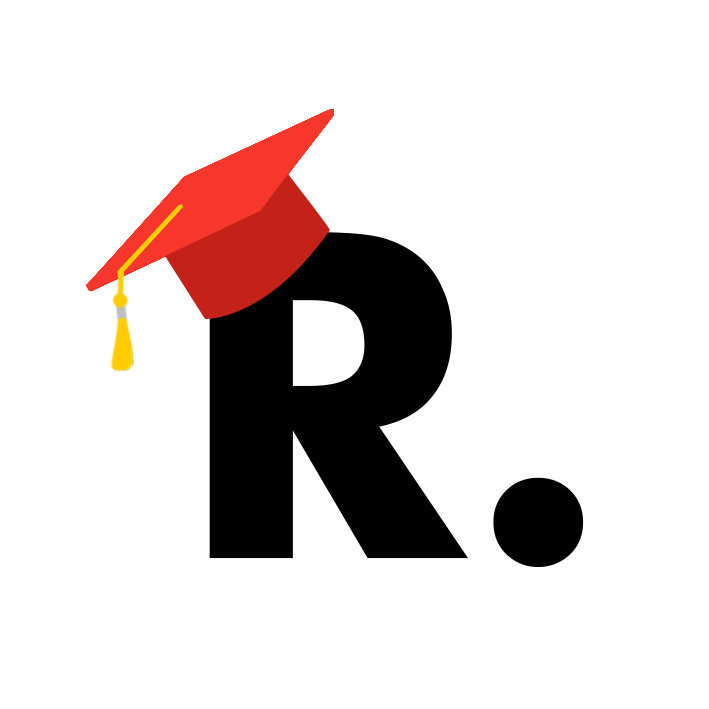In my last blog, I talked about the placement juggernaut that plagues b-schools during this
time but now, let’s come down to the most traumatizing part of the entire ordeal, ie,
interviews. The general notion is that the interview is the ultimate test of your capabilities,
the be-all and end-all of your being, the reason behind your existence in the b-school, et al.
Do not cram:
The campus interview process is as dynamic as it gets. Rote learning of model answers
on every second article you open on google is unfortunately the most common and most
incorrect approach to the interview. I too have been guilty of the same, I admit.
Unlike what most people would have you believe; no two interviews are the same and
there is no single approach that you can master or a checklist that you can prepare for
guaranteed success. The job requirements differ and so do the type of questions.
Let your personality show through:
Acing the interview is thus more about moulding your
personality to bring out the best in you and exhibiting your thought process, bringing out
connections and letting the other person have a peek into your mind. Most of us would
likely face two types of interviews – the HR round and the technical round. In case of stress
interviews, the key is to dig into your reserves of oxytocin and answer with precision.

Do your research:
While I do agree that the best answers are spontaneous, it is but natural
that one is prepared to face the panel. You don’t need to know Nielsen statistics by heart or
memorize Wikipedia pages, but a little perusing of the company website doesn’t hurt.
Everyone likes a well-informed candidate and knowing important company milestones
shows that you are well-researched and have taken adequate effort in your preparation.
Interestingly, social media reveals a great deal about the corporate culture, the mindset
and the values of an organization. Exhibiting characteristics that the interviewers can
identify with, or looking a certain way can enhance your likeness to the company a great
deal. Additionally, knowing who you are talking to would give you an idea of which topics
to cover and which direction to steer your conversation, to help you make the best
impression.
Appearance matters:
Tardiness is a virtue that we have cultivated since birth and it has the
potential to take over our lives. Thus, a conscious effort to arrive on time and be dressed
adequately for the part need to be made. Floppy hair, sandals or sleepy eyes rarely give a
good impression.
Be inquisitive:
More often, there is a tendency to reign in your curiosity as a means of
showing your servitude and diffidence. Not asking questions, saving it all for the end makes
an interview very one-toned. Treat the interview as a discussion where you volunteer
information and take insights in return. Don’t be rude or act like a know-it-all but asking
pertinent questions during your conversation helps both you and the interviewer discern
each other’s thought process and motivation.
Support your claims with facts:
Lastly, be specific and concise. Precision is an important
asset during an interview when you are battling nerves, time-constraints, monotony and
multitudes. Back all your achievements, attributes and accomplishments with quantifiable
metrics and avoid hard clichés. The interviewers are seasoned professionals and shall see
through your façade should you try and bluff. Build a story, cite a learning, recite insights
and draw the interviewer into your narrative.

Interviews can be daunting at the outset but it’s all about mastering your attitude and
knowing yourself like never before. Prepare, practise and you’ll do great. Remember that it
isn’t the end of the world and there are umpteen other roads leading to your destination if
this doesn’t work out. Have faith and you will succeed. All the best!
Medha Chatterjee

